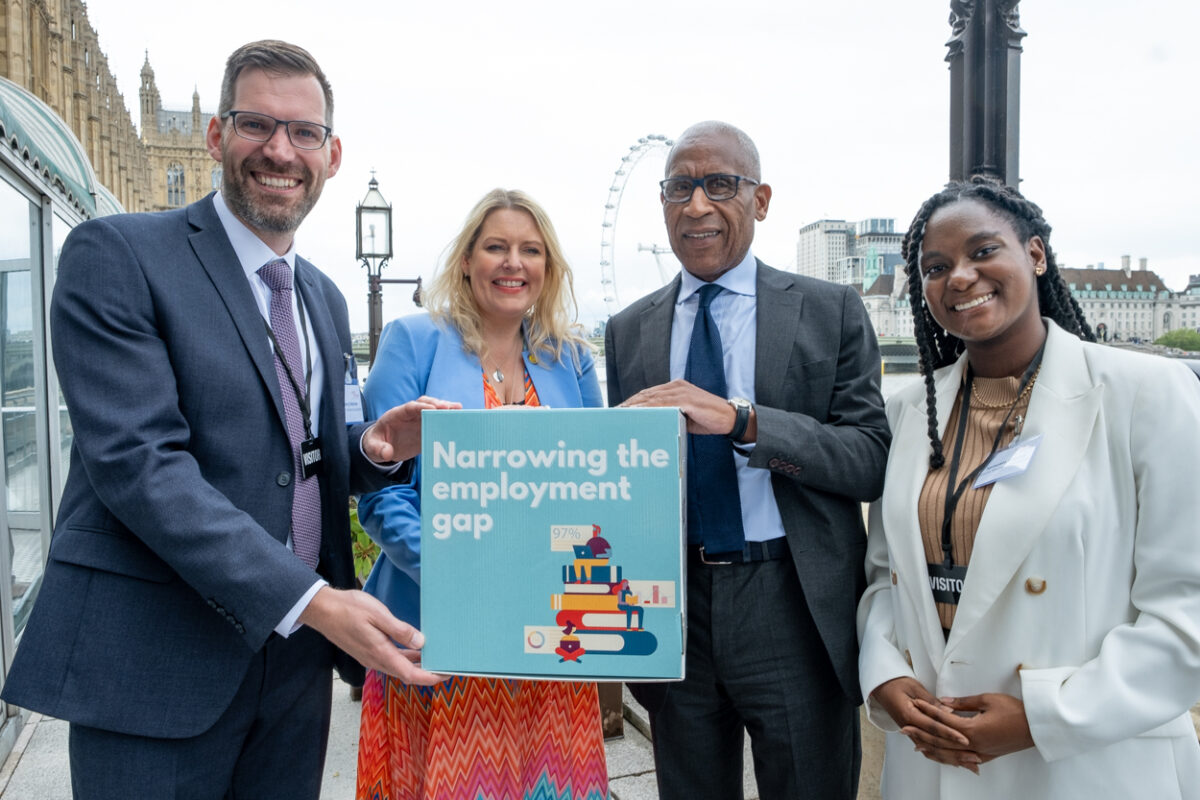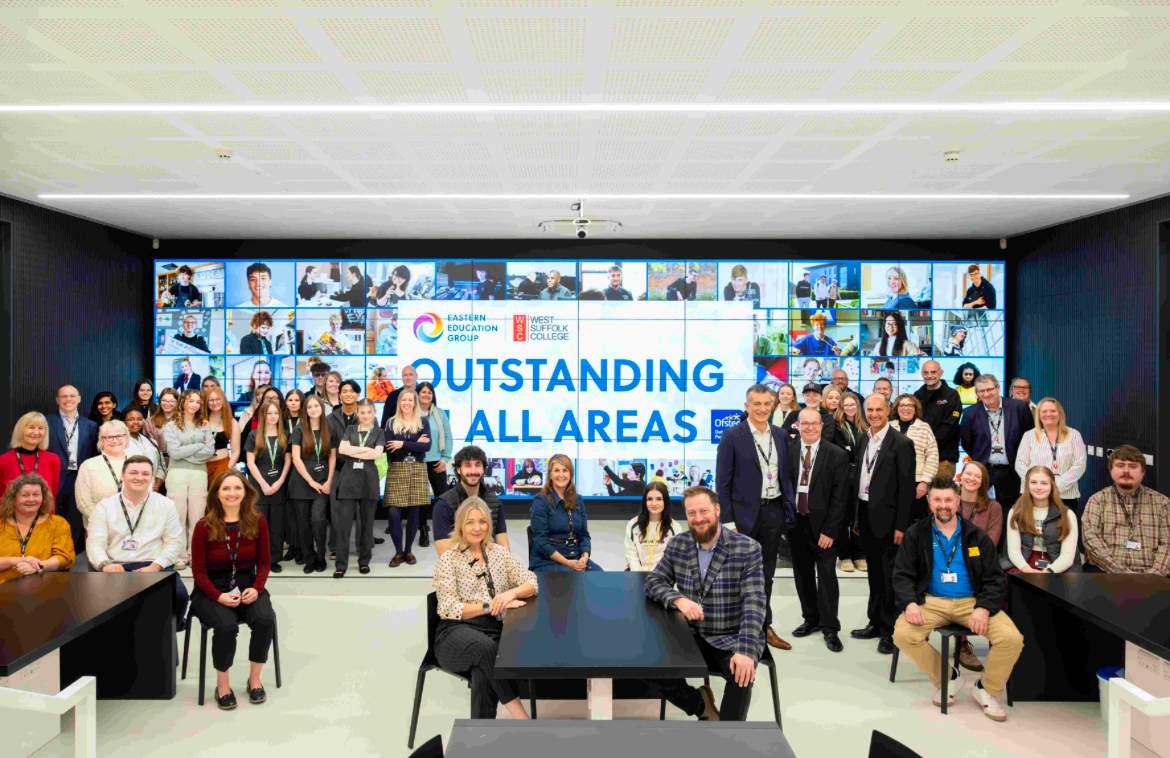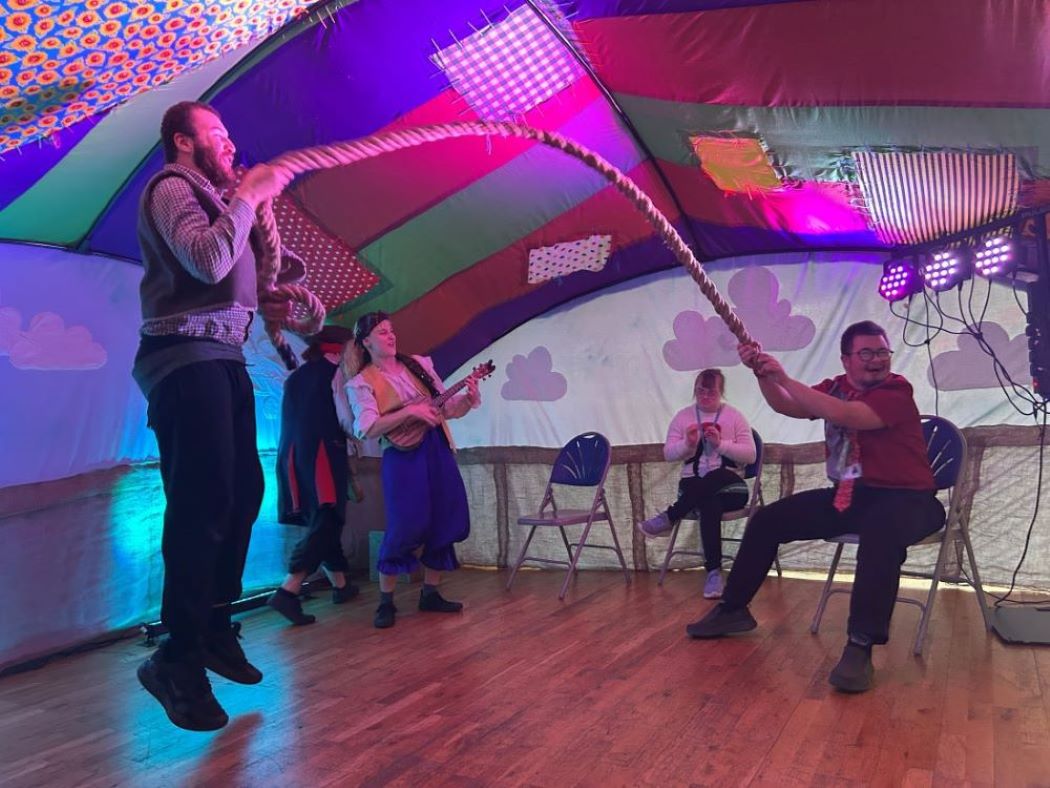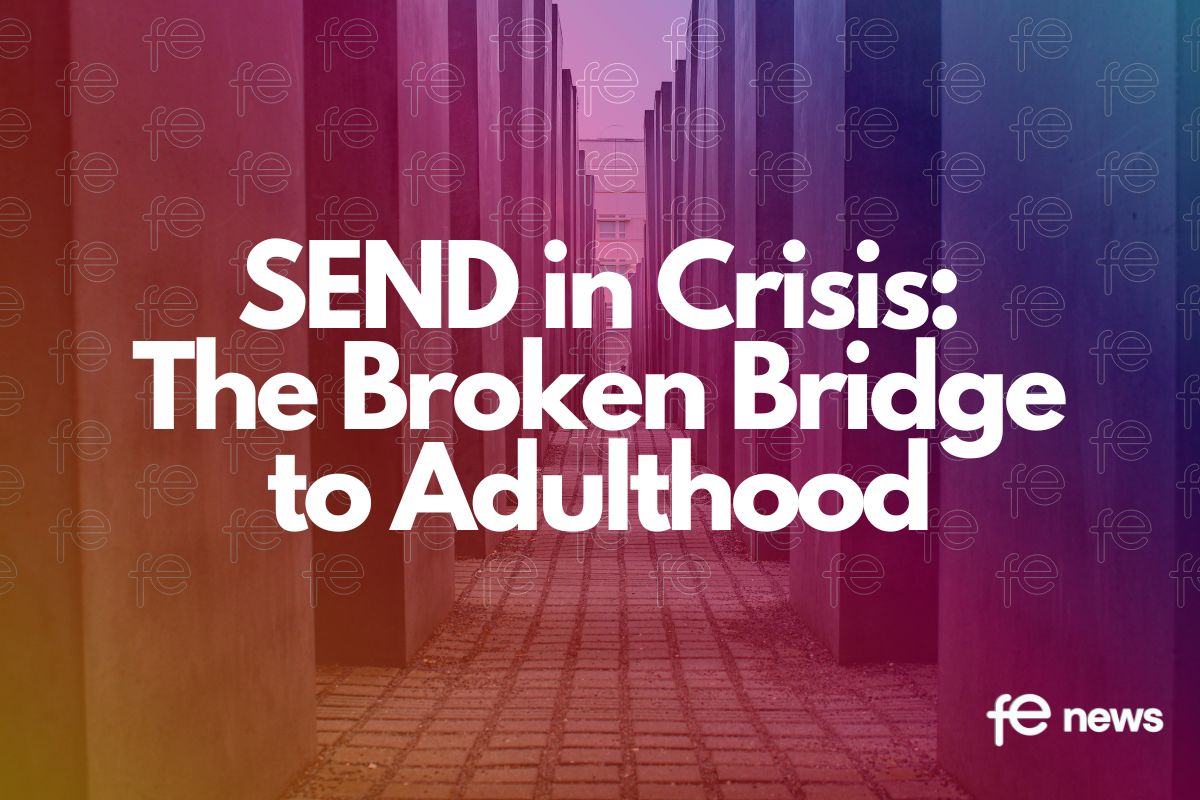World’s first Youth Employment Toolkit launched

- Research shows vocational training, including apprenticeships, is likely to have a good impact on helping young people facing disadvantage get a job.
- Vocational training is likely to have an even higher impact for young people who face additional barriers to finding and keeping a job, including those living with a disability, having been involved with the criminal justice system, or being a care leaver.
- The world’s first Youth Employment Toolkit provides a robust synthesis of the evidence for seven different kinds of youth employment intervention. It is a free online resource that makes it easier for policymakers and decision-makers to access insights and learning. It will be regularly updated with summaries of evidence on additional youth employment interventions.
Youth Futures Foundation, the What Works Centre for youth employment, launched its new Toolkit that presents the global evidence on seven key interventions that support young people facing disadvantage into employment. It’s free, online and easy to use. The Toolkit is designed for policymakers, employers and practitioners who need a good quality evidence resource when making decisions about what works to improve youth employment outcomes.
For over a decade, we have had rates of more than one in 10 young people not being in education, employment, or training (NEET). It’s more important than ever that data and research is used to tackle the UK’s persistent inequalities in youth employment.
Finding information about ‘what works’ for youth employment can be challenging for frontline users. It’s often written in an academic style and hidden behind journal paywalls. And because interventions are often delivered together as part of a programme, the impact of individual activities on employment outcomes can be difficult to identify. This complicates the decision-making process and makes it difficult to find out what has previously worked.
The Youth Employment Toolkit, a world-first, simplifies this by making the information much easier to access. It is based on research by a team at the Institute for Employment Studies, the Centre for Evidence and Implementation, and Monash University in Melbourne. The researchers used an innovative research method to identify the impact of individual components of youth employment programmes on outcomes in the labour market, summarising the latest evidence about seven different approaches.
As Youth Futures builds its evidence base, the Toolkit will expand to showcase additional robust and effective evidence about youth employment interventions, including those Youth Futures are supporting directly. It will be updated to include evidence for more interventions and updates on the current ones.
A striking finding featured in the Toolkit is that vocational training is likely to have a very high impact on youth employment outcomes for young people facing additional barriers to entering the job market, including those living with a disability, having been involved with the justice system, or being a care leaver. The research suggests that on-the-job training could double the rate at which this group of young people get jobs.
Barry Fletcher, CEO of Youth Futures Foundation, comments:
“We are so pleased to be able to launch our Youth Employment toolkit. We want this to become the first destination for anyone seeking evidence and wanting to know ‘what works’ when it comes to youth employment.
“Our team has worked tirelessly with our partners to produce this vital resource, and we hope that as it develops it continues to help shape policy and practice that helps support young people into good quality work through high quality vocational training.”
Minister for Social Mobility, Youth and Progression, Mims Davies MP said:
“I am passionate about decision makers putting quality evidence at the forefront of interventions to support young people to progress. That’s why Youth Futures Foundation’s new toolkit is such an important resource, helping ensure background is no barrier to securing quality opportunities and outcomes during the transition into adulthood.”
Chris Goulden, Director of Impact and Evidence, Youth Futures Foundation said:
“The first edition of the Youth Employment Toolkit provides valuable evidence about the impact that training and support can have on youth employment. Lots of youth employment support is delivered in programmes, where young people take part in different activities that may have different impacts. Thanks to a great research team at the Centre for Evidence and Impact, the Institute for Employment Studies and Monash University in Melbourne, we can present robust information about how the individual components affect youth employment outcomes for the first time. The research for the Toolkit uses innovative methods to unpick the contribution of different kinds of intervention. Vocational training—on or off the job—really works. It has a clear positive impact on youth employment, especially for young people who face additional barriers in the labour market.”
Sameula, Future Voices Ambassador, Youth Futures Foundation said:
“As part of the Future Voices Group, it is our firm belief that having meaningful employment, and a long-lasting career are not mutually exclusive but a reality worth striving for. The Youth Employment Toolkit makes it easier to find out what works to support young people facing barriers in the employment system and it will continue to gather evidence to tackle this issue. I am optimistic it is a step forward in breaking down barriers by building a clearer understanding.”











Responses